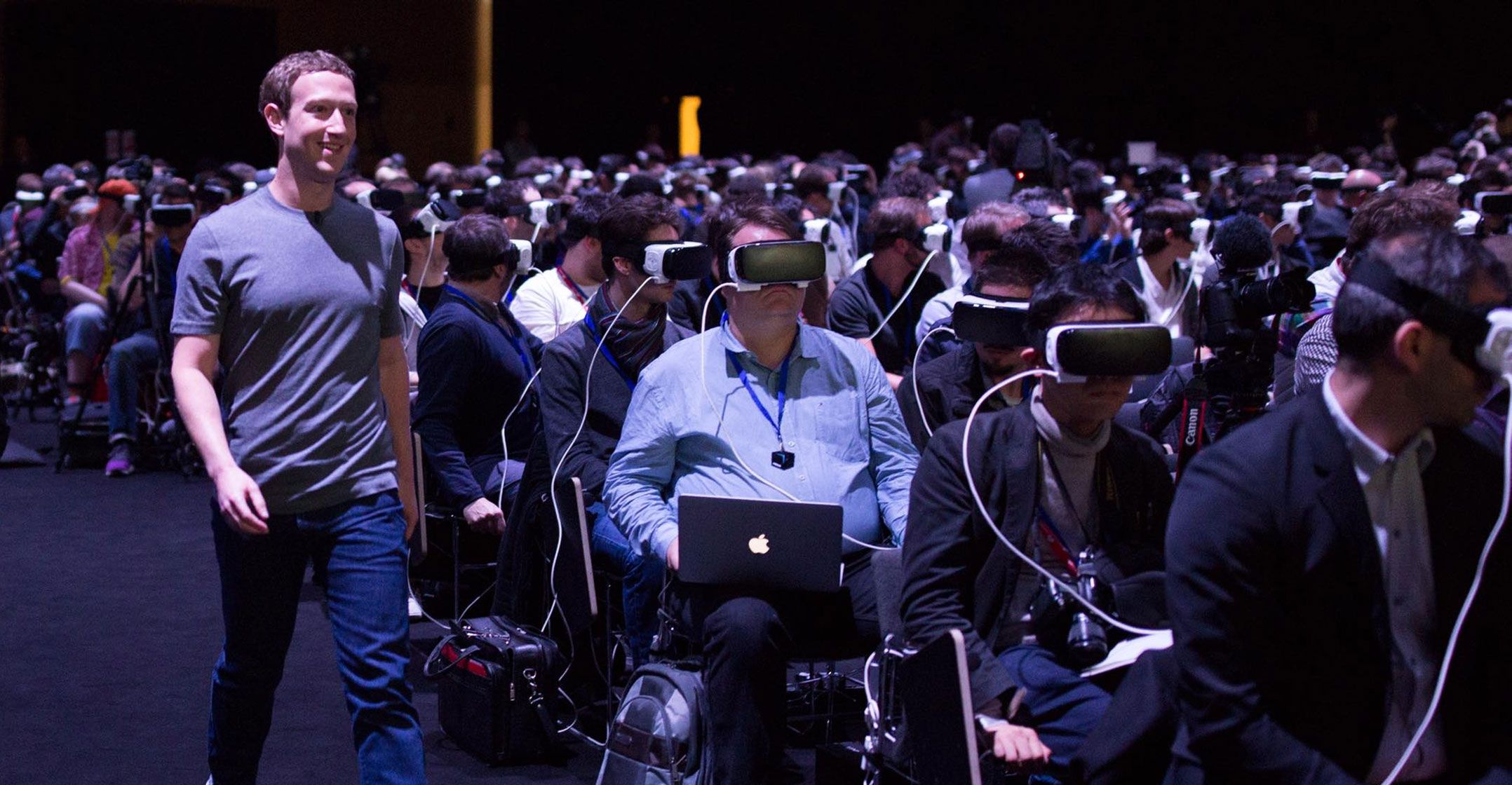The co-founder of Facebook is seriously passionate about the metaverse. The company even rebranded from Facebook to Meta to indicate this shift, although it was curiously timed when there was wider media coverage of Facebook's alleged failings to protect children's mental health and allegations that its algorithims had led to greater divisiveness and discord.
Mark Zuckerberg announced to the world late last year that he was planning to move his company towards the metaverse and that this would mean higher spending. But recently, Meta's stock price has fallen dramatically and the tech founder has become a little less vocal about these plans.
Zuckerberg has committed billions every year to building technology, in software and hardware, that can bring to fruition the metaverse, a concept that he is banking on for the future. But it's proving very costly. As The Verge reported, during the company's earnings call for the first quarter, Zuckerberg announced that Meta is to "slow the pace of some of our investments" because of "current business growth levels".
Investors have been alarmed. Meta's stock price has dropped almost 50 percent, meaning the past five years of growth has been wiped out, since it rebranded from its original name last October. At the same time that it announced that it was changing its name from Facebook, Zuckerberg revealed he was spending $10 billion a year on a new division dedicated to building out the metaverse, a department known as Reality Labs.
Reality Labs is responsible for the Quest VR headset and the development of AR glasses. It's a richly endowed division, since it's known that it lost nearly $3 billion just in the last quarter. It also employs around 17,000 people. To put that into perspective, this sole division is almost certainly bigger than every large games publisher on the planet.
It's an incredibly expensive invesment since the payoff looks to be still years away, if it ever comes at all of course. But this is not the whole story. Meta is facing a host of issues. These include the slowest growth it's seen in its history as younger people pivot to flashier and newer services such as TikTok or are simply just abandoning the crusty "old" platform. Meanwhile, Apple's changes to ad tracking have made a severe dent in its revenue, costing Meta more than $10 billion in lost income.
Meta is looking to adopt the success TikTok has enjoyed with a similar product known as Reels, which is found on Instagram, the photo-sharing app the company bought in 2012. It is also readying a mixed reality headset codenamed Cambria for launch later this year. Developing, marketing, and launching such hardware can be incredibly costly so this will eat into Meta's profits.
Meta will have to weather the changing moods of many people around the world as it assuredly moves from hot young social media platform to something that's more like furniture. Meanwhile, the Internet is a fast-moving landscape and while Facebook is far larger than its predecessors ever were (MySpace, Bebo) it'll have to contend with changing fashions as any social media company has to.


